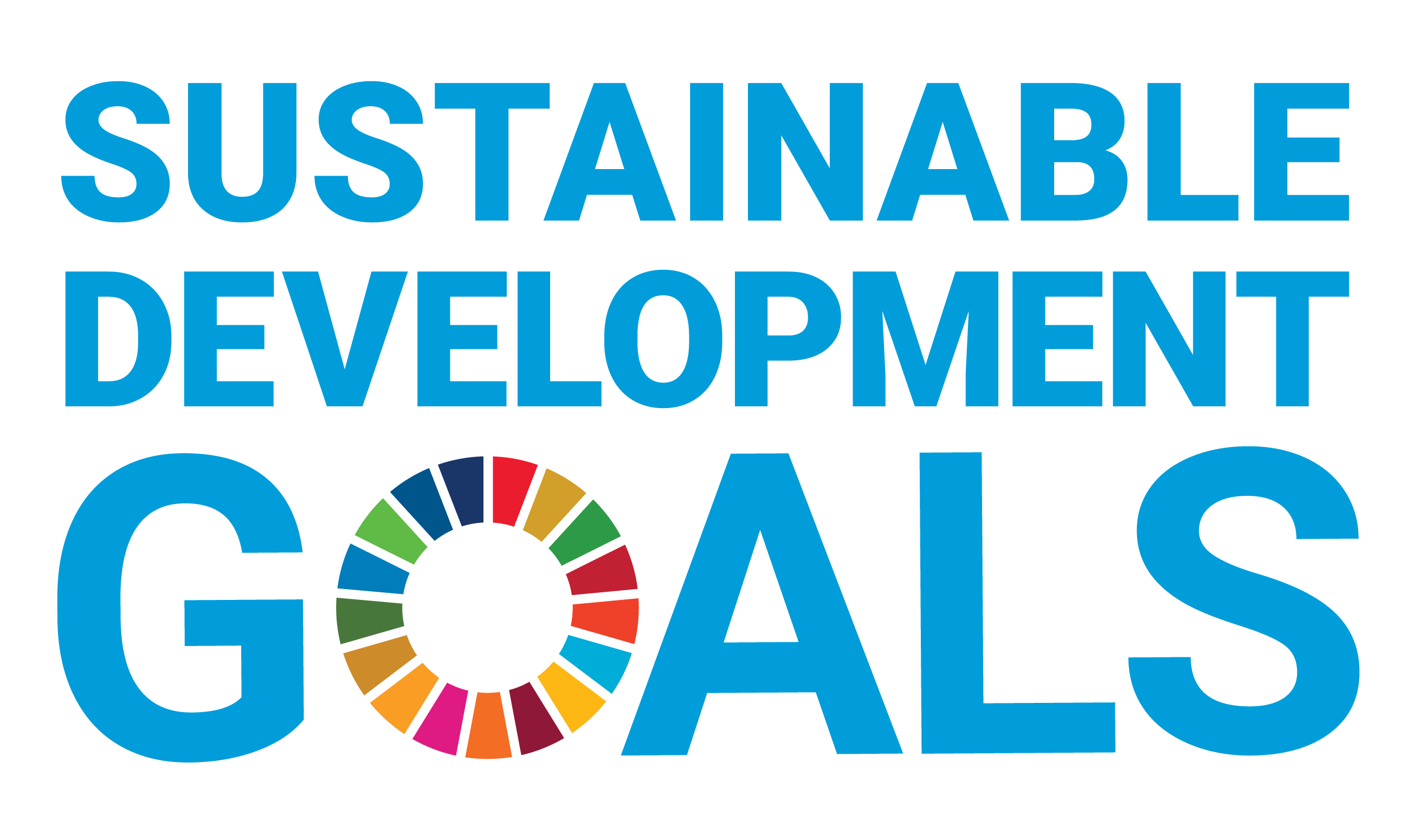Document Type
Article
Publication Date
4-27-2023
Abstract
This study examines social inequalities in Philippine universities that were exacerbated during the COVID-19 pandemic. A quantitative approach using a national sample of 677 university students was utilized to measure the mediating role of digital capital on social inequalities associated with belonging to academic spaces. For the purpose of determining direct and indirect impacts, structural equation modeling (SEM) was employed. Sociodemographic (i.e., gender, age, type of residence, and family income) and educational (i.e., type of university, year in the university, and excellence criterion) characteristics were the direct predictors that were examined as exogenous variables for both digital capital and belonging. Results indicate that type of residence (β=0.200, pβ=0.220, p β=0.271, p β=0.087, p β=-0.207, p β=0.576, p β=0.116, p β=0.127, p β=0.156, p
Recommended Citation
Clamor, W.L., & Saloma, C. (2023). Digital capital and belonging in universities: quantifying social inequalities in the Philippines. Frontiers in Education, 8. https://doi.org/10.3389/feduc.2023.1137121
Included in
Educational Sociology Commons, Higher Education Commons, Online and Distance Education Commons, South and Southeast Asian Languages and Societies Commons



